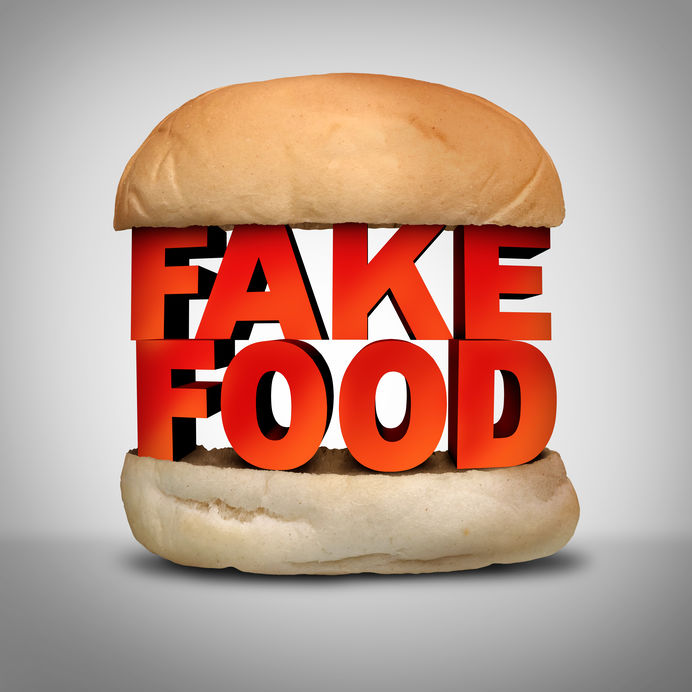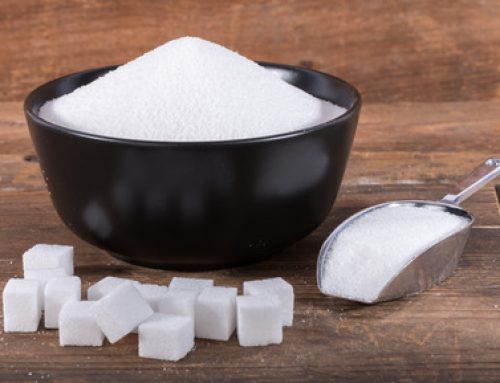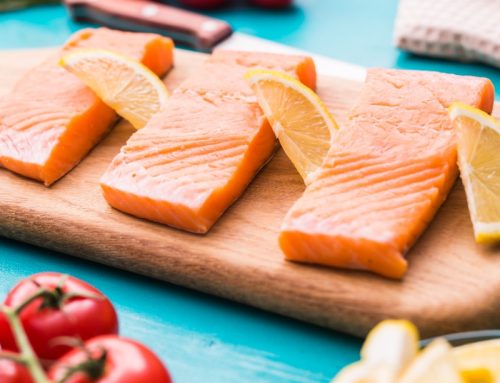Are imitation meats healthy? They are popping up on restaurant and fast food menus and in grocery stores. Marketers have decided that millineals like plant based proteins as healthier alternatives to traditional burgers. But the question remains. Are imitation meats actually healthier than burgers made from meat?
What Nutrition Experts Are Saying About Imitation Meats
Most nutritionists, including me, are not that impressed with the healthfulness of imitation meats like Impossible and Beyond Meat products. They might be “plant-based,” but eating them is not like eating a plate of greens.
Nonetheless, two leading makers of these products, Impossible Foods and Beyond Meat, have taken the food world by storm, winning over meat lovers with burgers and other products that have a taste and texture surprisingly similar to real beef.
You can now buy Impossible and Beyond meat-substitute products in many grocery stores and restaurants across the U.S. For example, Burger King now has an Impossible Whopper and Subway has a Beyond Meat meatball sandwich.
Many people says that if you love the taste of a burger, the new trend of plant-based ‘meats’ help satisfy their cravings while sticking with a plant-based plan.
But while these products do have some nutritional merits, there is debate over how healthy they truly are, and if they could potentially cause more harm than good. Before you swap in plant-based patties for your beef burgers, here’s what to know:
‘Plant-Based’ is Somewhat Misleading
While you may think you’d be eating virtuously by choosing one of these alternatives to meat, biting into an Impossible or Beyond burger is a far cry from eating a plate full of greens.
Maura Rodgers, a registered dietitian with her own practice in San Francisco, cautions that “The marketing teams behind these plant-based meats make the food sound enticing. But in reality, these products are highly engineered plant protein sources made from soy or pea protein isolate. They’re not made out of vegetables; they’re made from processed soy.”
While these products are marketed as healthy choices, that depends on how you define healthy. Some brands use nonorganic ingredients that may have been exposed to chemicals or that may be genetically modified.
Not the Veggie Patties of The Past
If you look at the ingredient list for a Dr. Praeger’s veggie burger or other popular brands like Boca and Morningstar, which have been around for decades, you’ll see fresh plants: carrots, onions, string beans, zucchini and broccoli.
Plant-based “meats” such as the products made by Impossible Foods, however, are different. Rodgers points out that “They’re doing serious food science and drastically changing the whole food ingredients.”
For example, while the process may have started with soy, in the final product, it’s been converted into a soy protein concentrate made by removing the soluble carbohydrates from soy flakes.
It’s also worth noting these new plant-based meats don’t come cheap. At about $9 per pound, they’re about 50% more expensive than traditional veggie burgers.
Plant-Based Meats Are High In Saturated Fat
The Impossible Burger contains 8 grams of saturated fat per 4-ounce serving due to the addition of coconut oil and sunflower oil, which help make beef patties “sizzle” when grilled. Beyond Meat has 6 grams of saturated fat per serving, containing refined coconut oil and expeller-pressed canola oil.
In general, we know that too much saturated fat, which is found primarily in animal sources, is harmful to our health, associated with heart attacks and inflammation in the body.
There’s still a debate in the medical community over whether coconut oil, the non-animal source outlier, provides more value than detriment. Most nutritionists, as well as the FDA, now advise against using coconut oil due to its extremely high saturated fat content.
Sodium Concerns
Most plant-based meats provide roughly the same amount of calories as regular meat, and a lot more sodium.
- An Impossible Burger patty contains 370 milligrams of sodium.
- Beyond Meat’s patty has 390 grams of sodium.
- Whereas, a comparably sized beef patty has only about 84 grams of sodium.
So if you have high blood pressure or are watching your salt intake these meat substitutes may not be the best choice for you.
However, there’s a bit of a silver lining with the imitation meats. They also contains 610 milligrams of potassium, which helps your body get rid of excess sodium.
Better for the Environment
Looking beyond the health element, plant-based meats are becoming more popular for their reduced impact on the environment.
For example, a 2018 study commissioned by Beyond Meat with the Center for Sustainable Systems at the University of Michigan found that a plant-based burger generates 90% less greenhouse gas emissions, requires 46% less energy to produce and has 93% less impact on land use than a traditional U.S. beef burger.
Most People Agree That Imitation Meats Do Taste a Lot Like Beef
Plant-based meats are not only for the vegetarians and vegans of the world. Many of my clients, as well as professional taste-testers, agree that the flavor mimics a beef patty pretty well.
Even reviewers at Food & Wine magazine described the Impossible Burger as “almost identical to beef.”
That’s exactly what the companies producing these products are going for, replicating the same meaty texture and juiciness of ground beef without the actual meat. The Impossible Burger has intentionally been genetically engineered with hemoglobin, a plant version of the protein that makes blood red, to look like it “bleeds” when you cook it.
The Bottom Line on Plant-Based Meats
Imitation meats are highly processed foods. They are not health elixirs and are not made from vegetables, which should be the hallmark of a true vegetarian or vegan diet.
So, most nutritionists advise eating them only in moderation.
Click here to read full article on what nutritionists think of imitation meats.







